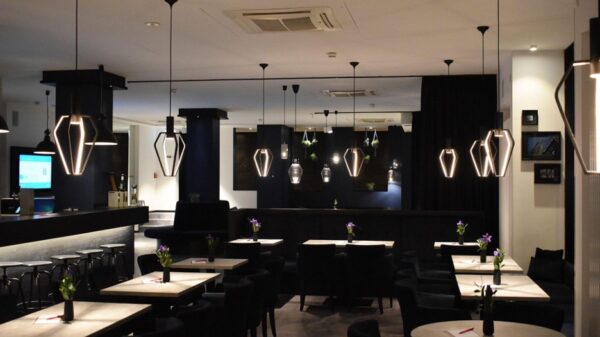The COVID-19 pandemic has had an unprecedented effect on businesses, both for online and brick and mortar stores. While a full summary of COVID-19’s effect on businesses will not be available for nuanced review until much further in the future, at this point, we can examine what has happened thus far and how retailers will move ahead into an unknown future.
COVID-19’s negative effect on retail businesses
With doors for non-essential businesses closed due to government orders, the obvious first issue for retail is a lack of foot traffic. A Forbes article from April 3 noted that stores like Dillards, JCPenney, Kohls, Levi Strauss, Macy’s, and Nordstrom received downgraded credit ratings and will lose an estimated 90% of revenue. With many stores already struggling with a transition to online shopping, a required, extended government closure may tip them over the edge into bankruptcy. Many larger retailers have too many physical stores and they entered the pandemic weakened by debt. The American public entered the pandemic also weakened by credit card debt and many have lost their jobs or income streams.
Even as shops open up, there are limitations. Many states still have social distancing rules, so fewer people are able to frequent brick and mortar stores. With fewer people able to be in a store at any one time, and sometimes with only one family member able to browse, there will be fewer overall sales. Additionally, in many stores, there are right of ways, which mean you can only go down one aisle at a time. Browsing and shopping at one’s leisure, which contributes to more sales, is currently a thing of the past.
And it’s not just a lack of people in the shops that are going to negatively affect businesses, but a lack of product. In Indonesia, over 132,000 workers were laid off as of April 5, due to cancelations of textile products and a lack of product from China. Fewer shoppers mean fewer products are needed, and there just isn’t enough demand. Gap, which owns Old Navy, Banana Republic, and Athleta, is currently running a sale but is unable to pay rental bills, and to survive, will have to close stores and lay off workers. Unfortunately, for many large chains, this is going to be a common event.
Going forward in a post-pandemic world
Moving forward is going to be exceptionally difficult. Depending on the length of time for closures, many shops will not be able to pay rent and will be forced to close. For many retailers, this virus will affect them the same way it affects people; the elderly will be hit hard. As the larger, older businesses close even temporarily, many shoppers are watching to see how they handle closures and layoffs. As people see shops like Macy’s closing their doors and furloughing their workers without pay, many potential buyers will begin to question why they want to support that particular shop. With less money, the power of the purse becomes even stronger. Retailers need every purchase they can get, but they also need to ensure they treat their workers well.
Of course, planning ahead is difficult but, “the best way to manage risk is to attempt to spot it and plan accordingly before it happens”, according to David Rowland, head of marketing at Engage EHS. This is why risk assessment software is now so important to a business. Using this software, you can make plans, spot potential risks, and then do everything you can to minimize their impact. Even in the middle of a pandemic, you too can work on planning ahead for life post-pandemic.
The COVID-19 pandemic may be hurtful to many large retailers. At the same time, it may be an opportunity for large retailers to assess what is truly needed and to trim off the excess. Many retailers may take the pandemic as an opportunity to shift into different fields or to focus on more healthcare-related fields. In the interim, consider using Speciality Fuel Services to assist your business during this pandemic to help maintain functions during this unprecedented time. They’re uniquely knowledgeable in continuing business during a disruption.
Either way, this pandemic will dramatically alter the retail field like never before, and only time can tell how dramatic the change will be.
Holly Shaw is part of the content team at The Long Reach. Holly has worked in the health and safety industry since graduating from university. When not writing about health and safety practices, Holly can be found researching new travel locations.

























































































































































































